Admissions from an Expert: What You Need to Know About Getting into College

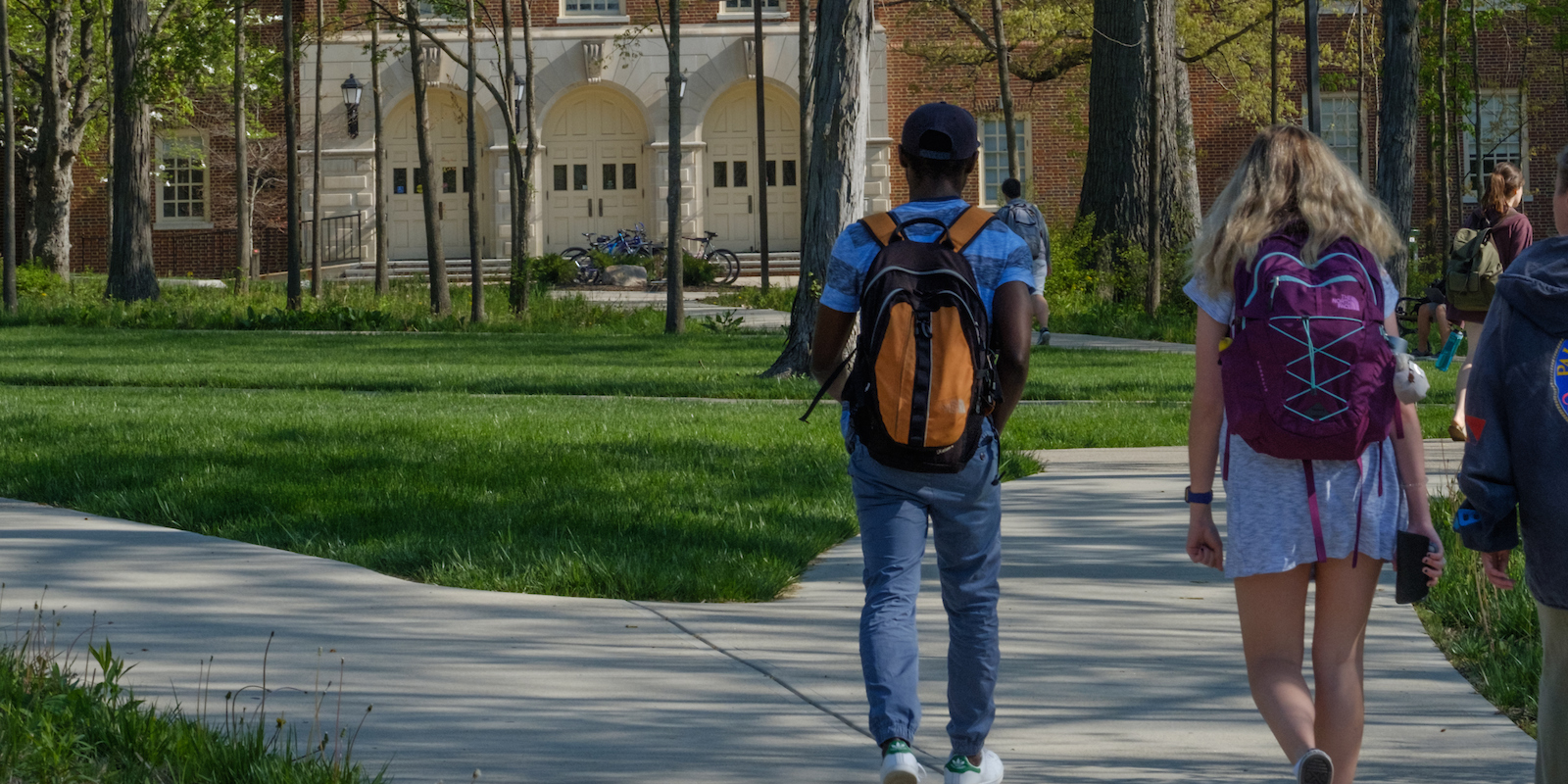
Listen Here
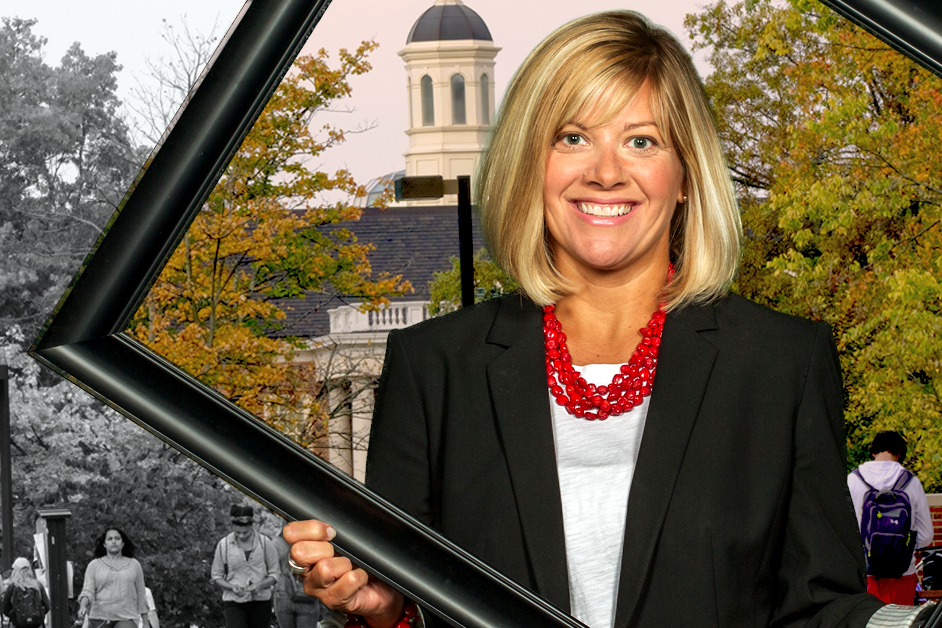 Students now face tremendous pressure to attend college. Graduates, on average, now earn more money,
Students now face tremendous pressure to attend college. Graduates, on average, now earn more money,
In a recent interview, Miami University's chief admission officer explained how parents and students should approach the college application process.
An extended version of this conversation originally appeared on the Reframe podcast.
What is the college admissions process like today? Has it changed in recent years?
Today, there
It’s also changed in that parents and students are now thinking about the end result. It's a return on investment industry. Whereas 20-30 years ago, you said: What are the dorms like? What kind of food do I get? What kind of academic programs do you have?
Today, often the first questions we hear are: How long will it be before I graduate? What's the starting salary
There are so many different factors to consider. There are grades, test scores, college prep courses, extracurricular activities, and more. Should certain things be prioritized?
Just as there are more than 4,000 institutions across the U.S., most will have different processes. And most schools won't be putting the exact recipe out there in terms of how they make their decisions. Most schools are going to practice something called holistic review. And holistic reviews take into consideration the entire applicant. They're looking beyond just test scores, grades, or the type of courses students have taken. But they are looking at the essay, the letter of recommendation, leadership, work experiences, extracurricular activities, and volunteerism.
So academics, probably, are the key. Because we are looking to see that you are going to be successful at our institutions. But beyond that, it really is the entire picture. So while academics play a key role, we also want to bring in a great campus community. And every year, we're trying to determine what parts students will play in creating that dynamic campus community.
How important is the college essay? And what are you looking for in that essay?
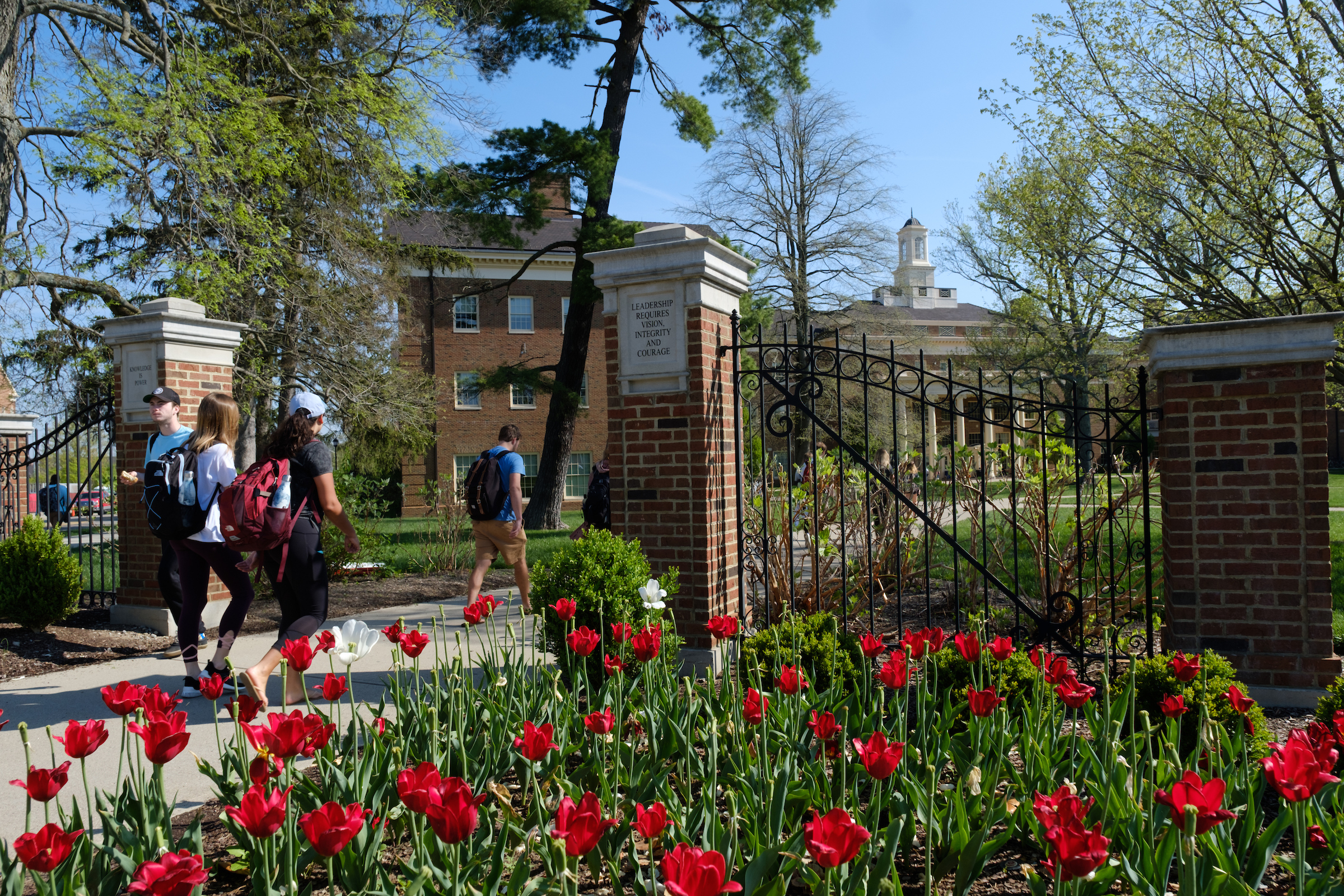
I always tell students, particularly who are on the bubble, meaning if you look at the academic profile of those who are admitted to the school you want to attend, and maybe it's a stretch school for you, the essay can be extraordinarily important. Most schools will have a practice they call “committee.” And
What should students avoid during the application process?
So try to avoid anything that may not present you in the best light. [But also] make certain that you share everything we need to know. Sometimes students falter in that they try to avoid oversharing. Students make assumptions that there's information that isn't of interest to colleges and universities.
I always give an example of a student that I recruited several years ago. I had worked with him as a high school junior all the way up to the time he was
I said, “Oh my gosh, I never knew that about you. I don't think you've ever shared that.”
He said, “Well, no, I didn't share it. Why would I have done that? I wanted to come to college so I could avoid flipping burgers for the rest of my life.”
And I said, “You were a manager at a
So students should avoid making assumptions about things that would be of importance, or would not be important to us.
Do you have advice on how to start the college search process?
Schaurer:
Today, we've become such a marketed-oriented society. Students get bombarded with college mailings, brochures, with emails. Sometimes it's so overwhelming they just disregard a lot of it.
And I think the best way to start the college search process is to give those communications some due diligence. You're not going to have time to give every brochure the full time and attention maybe it deserves. But really do leaf through those publications. Garner a sense of what speaks to you. What kind of experiences are you looking for? Which colleges seem like they would be a place that you could call home for the next four years?
I would also encourage students to really seek the advice of their college counselors and high school guidance counselors. These are valuable partners in this process for us. They know their students really well. They know what types of institutions students flourish at [and] which ones maybe aren't the best fit.
And then, my biggest bit of advice is to visit campuses. You really can't get a sense of what type of school really appeals to you unless you're out there, on the college campuses.
Is it important to apply early?
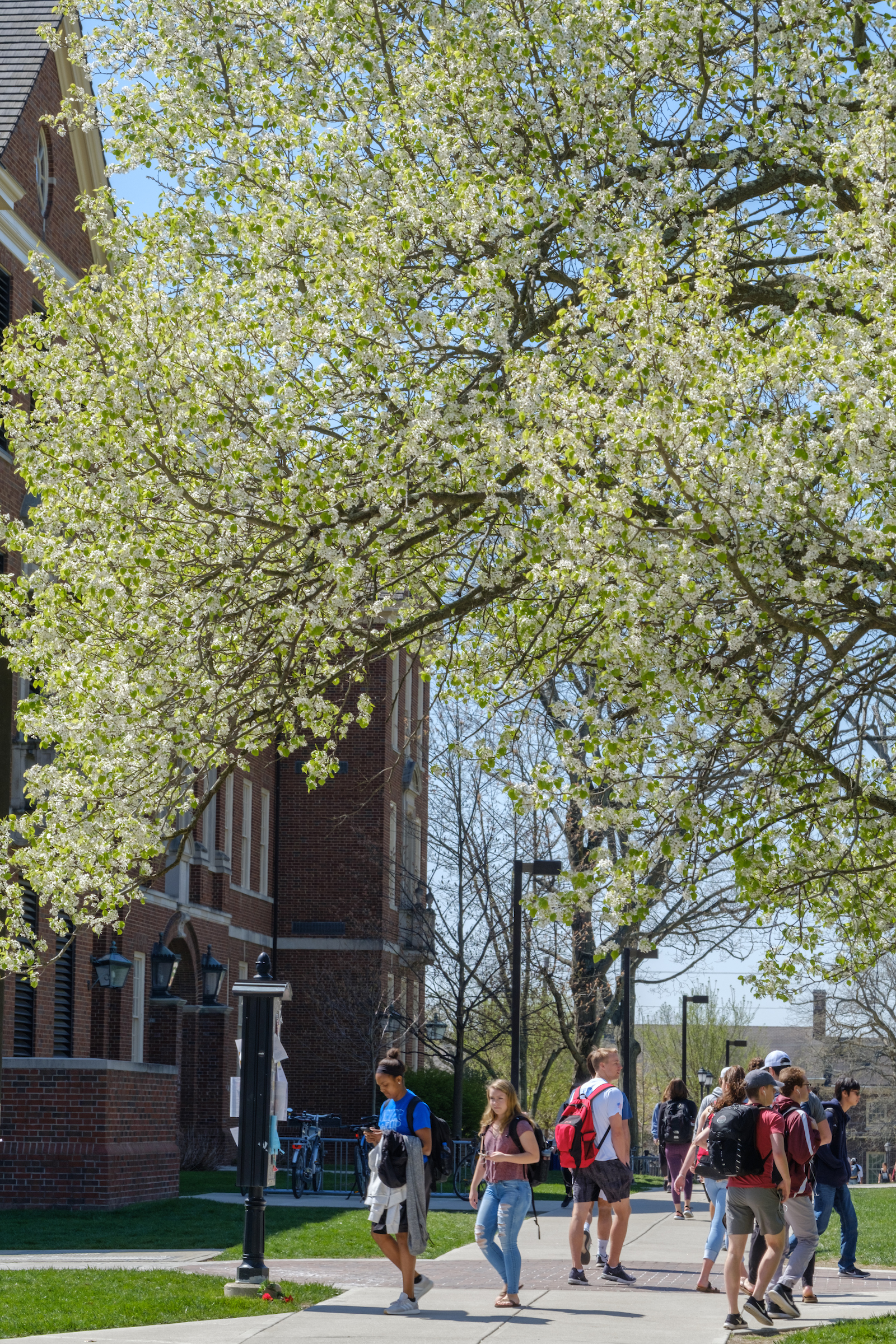
I was just serving on a panel with some of my colleagues and we talked about how you could have two students who look identical on paper. One applies by your priority deadline of November 1. The other one applies December 5th. One could get
What if students don’t know what they want to do? Is it better to choose undecided for your major and risk looking like you don't have a direction? Or is it better to select a major even if you may change it?
A lot of times you're going to want to ask those questions and make certain that college admission reps can talk about that with ease. That's going to give you a sense of: Is this a school that allows room for students to explore?
Sometimes, students focus on a particular major and they only consider schools that are really strong in one major. And they may do that not being 100% certain in what they want to do. So, unless students have great certainty -- they have had their mind set on a particular profession for years and years and they know 100% what they want to do -- I would recommend that students avoid not considering schools that maybe aren't the top in a certain program. Because you do want some flexibility. That's what college is all about. Exploring new majors, finding out what lies beyond in terms of careers and professions, what really interests you.
Does the school district or the specific high school matter? If a student does not live in a highly-rated school district, should they stay there and be in the top of the class? Or is it better to transfer to a stronger, highly rated private school?
At Miami, we seriously consider the school the student attends as part of the review process. We don't penalize students who go to schools with great opportunities. But likewise, we don't want to disadvantage students who go to underserved high schools that may not have the funding that other districts have.
 So, for us, we are very aware of the courses that are available at each and every high school from which a student applies. We're going to know for each school: Were there 3 AP courses available? Were there 26 AP courses available? Were there no AP courses available? Are there honors courses? So we look at the context of the high school. We look at the grade point average for that particular high school, and the grading scale. All of those things are taken into consideration.
So, for us, we are very aware of the courses that are available at each and every high school from which a student applies. We're going to know for each school: Were there 3 AP courses available? Were there 26 AP courses available? Were there no AP courses available? Are there honors courses? So we look at the context of the high school. We look at the grade point average for that particular high school, and the grading scale. All of those things are taken into consideration.
Some schools, in order to put every student on an even playing field, will recalculate GPA. So they'll take a look at a student's transcript and will calculate an entirely new grade point average based on core academic coursework. That's not something we practice
So we don't advise on this matter
What if someone is borderline or even slightly below the admissions criteria? Beyond the essay, are there other things that could help swing the student toward acceptance?
Another thing is that recommendations from your high school counselor can mean a lot to us. Oftentimes, these are professionals that we have long-standing professional relationships with. They have counseled of hundreds of students. We've had decades of interactions with these individuals and we greatly value their opinion. It's not uncommon to get a call from a counselor advocating for a student. So students and parents really should value the insights of high school counselors.
For students on the bubble, demonstrated interest can also play a key role in the
Another thing students overlook is, particularly, if you had a rocky start in high school . . . let us know that. We hear from students all the time, “Well, I really struggled my freshman year.” That is completely normal. It's a big jump from junior high to high school. And we tell students, “Let us know that.” Those are things we’re looking for. How did you react in the face of adversity? Did you give up? Maybe the second semester of your junior year, you kicked it in? Did you have a tough freshman year and then, from that point forward, we saw a subtle and continued increase in your grades?
[If] we can see that you were making gains, that you continued to work hard -- those skills and those attitudes and characteristics are things that we know will make a student successful once there are on college campuses.
Of course, it is best to start thinking about college early, to prepare as far in advance as possible. But not everyone may be in that position. Do you have advice for anyone who is behind and would like to catch up?
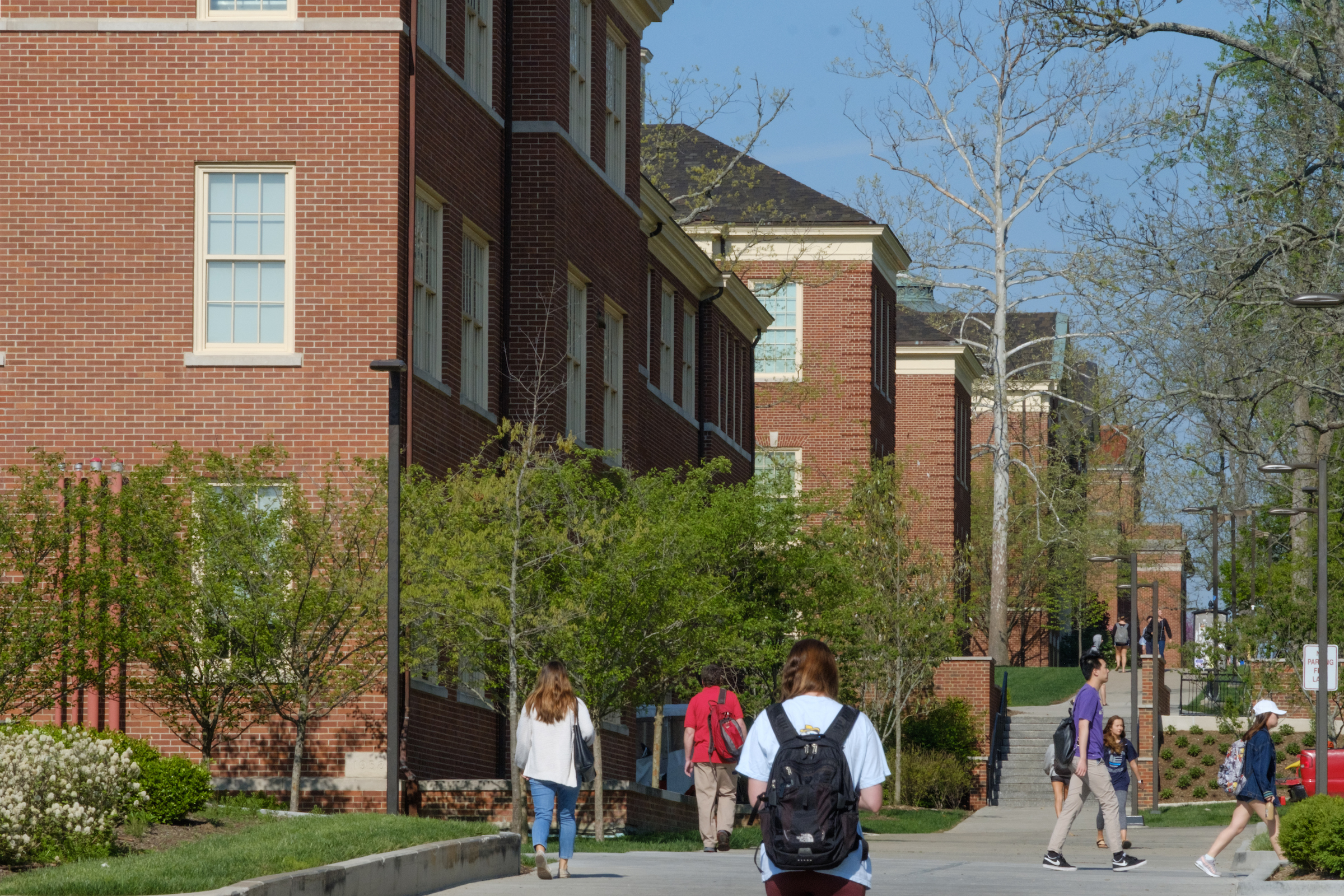
So, you wake up tomorrow, you're behind in the process. So what? Start looking at the
What are the biggest misunderstandings or misconceptions about college admissions?
Colleges and universities have different priorities and goals each and every year. Some years they may be seeking many education majors. Other years, they may have an overage of education majors and they’re now looking towards engineering. It is impossible for students and parents, even high school counselors, to know what those goals are each and every year.
It's really important to keep that in mind. Particularly, when we hear all this publicity about it's harder than ever to get into schools, and admission rates that are below 10%. That's at just a handful of institutions. Most institutions have acceptance rates that are above 50%. There is an opportunity for every student.
And I think, as adults, we often have dream cars or dream houses that we want. We still have great lives that we live, in houses that aren't our dream house. We get from point A to point B in cars that maybe weren't our dream car. College is a vehicle to get you on the journey of life's path, and there are many options that are going to get students to their future. And while we want you to have a dream school in a place that you're aspiring to be, don't let a decision by a college or university determine who you are, or let you make an assumption about what you have to contribute to any college or university.
And students should also enjoy the process. The college search and application process really has gotten the stigma as overwhelming, daunting, mysterious, and

